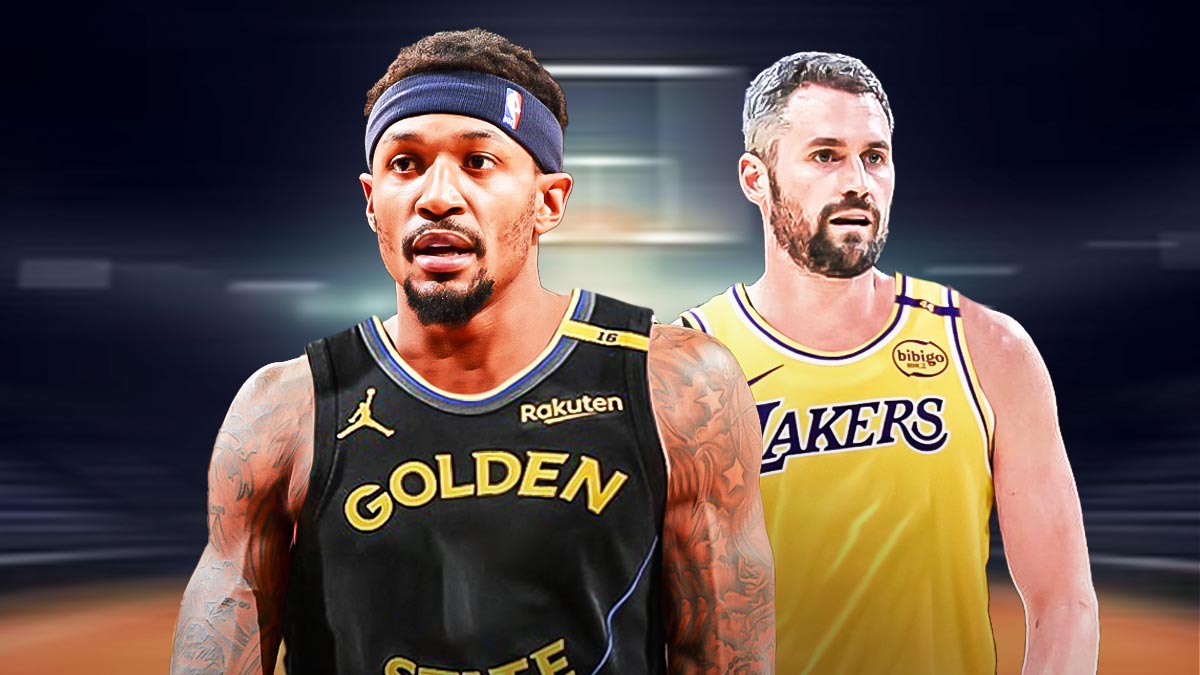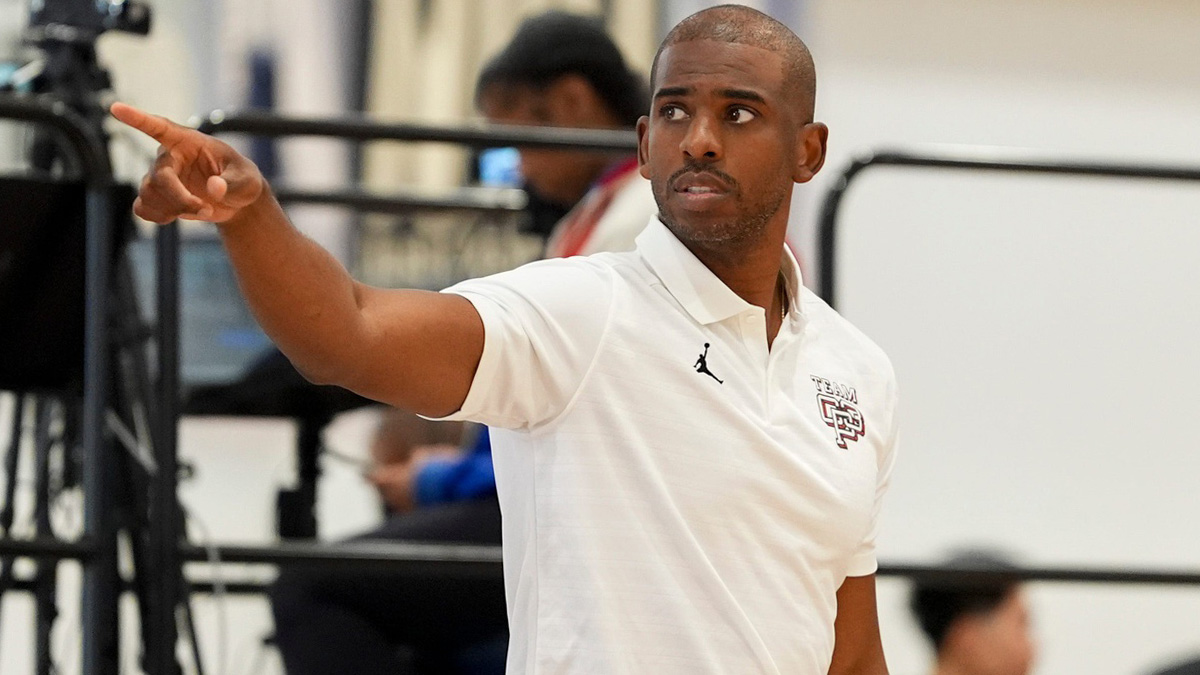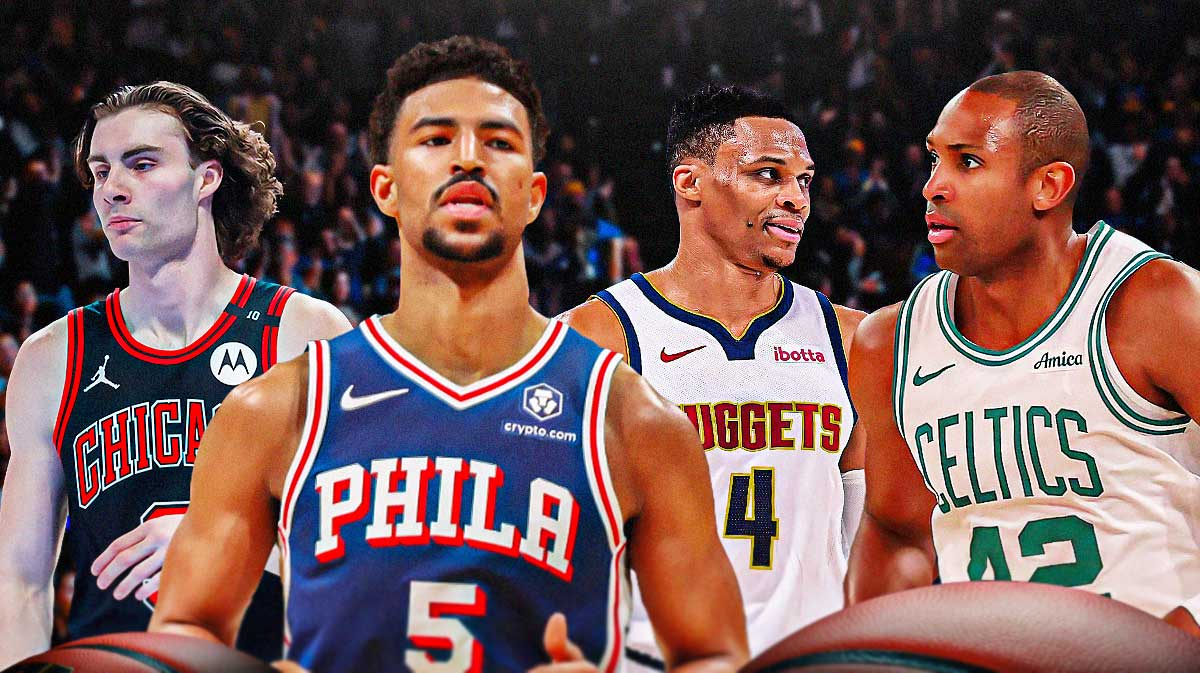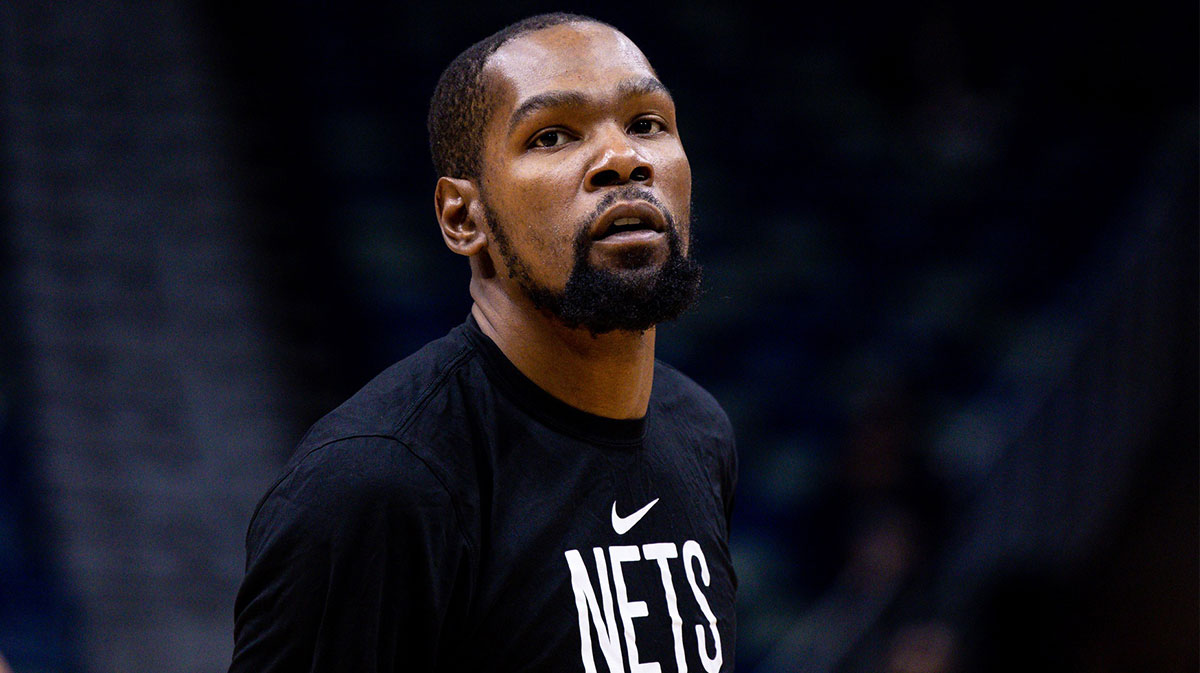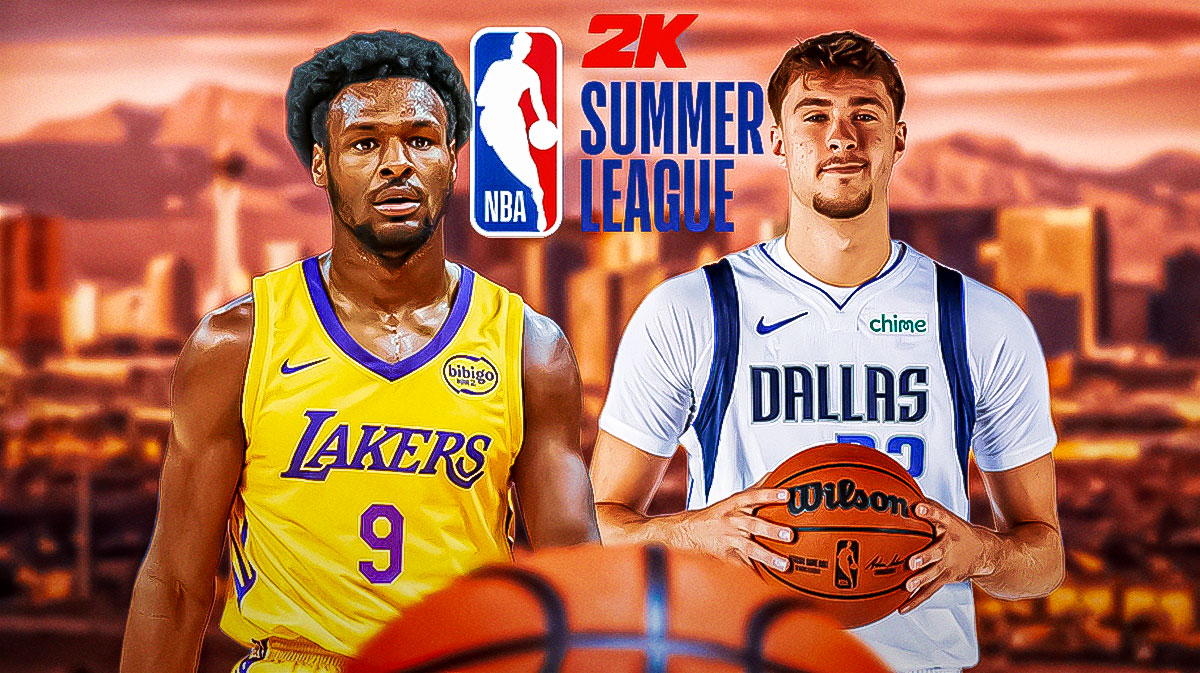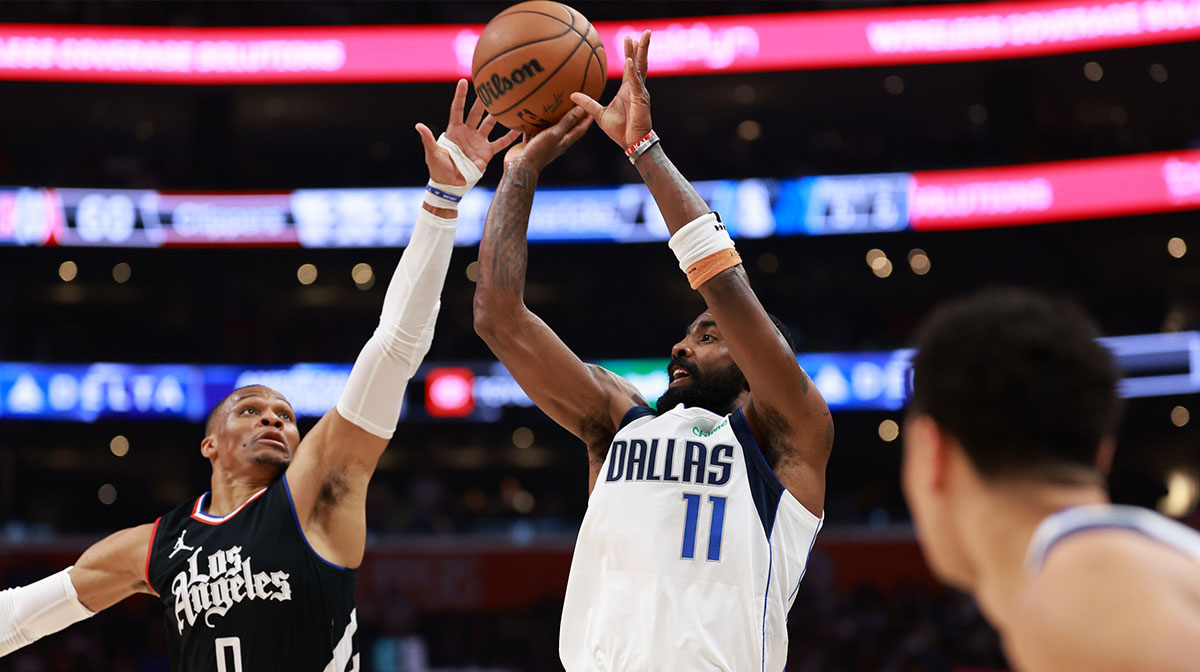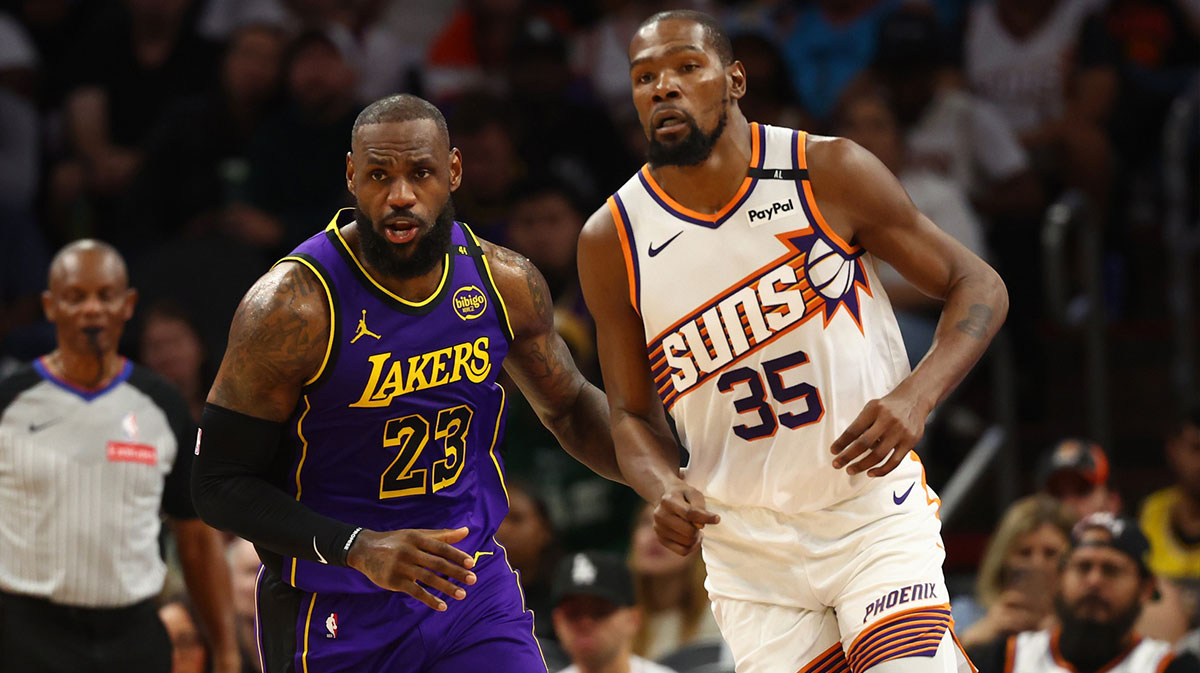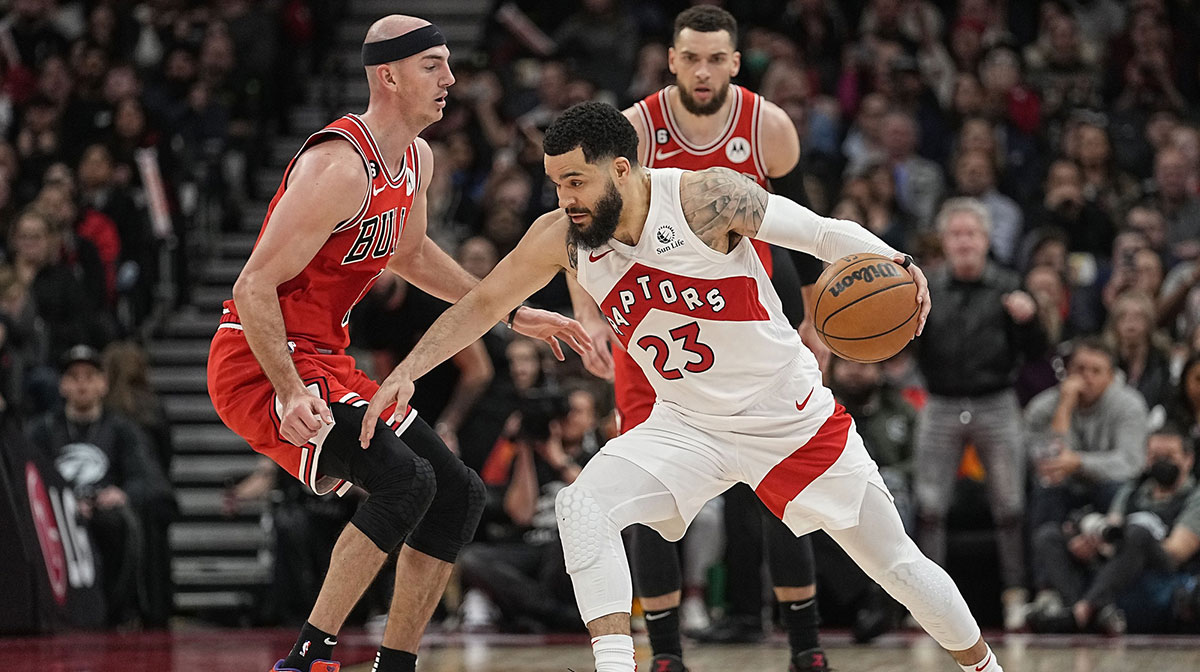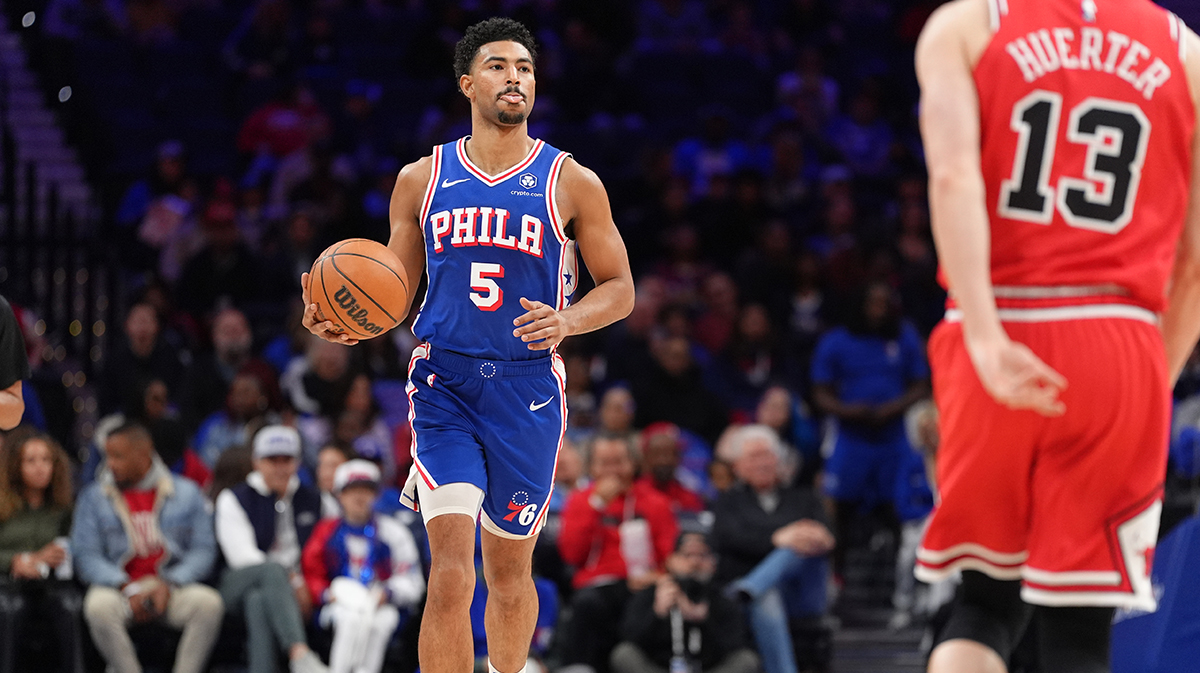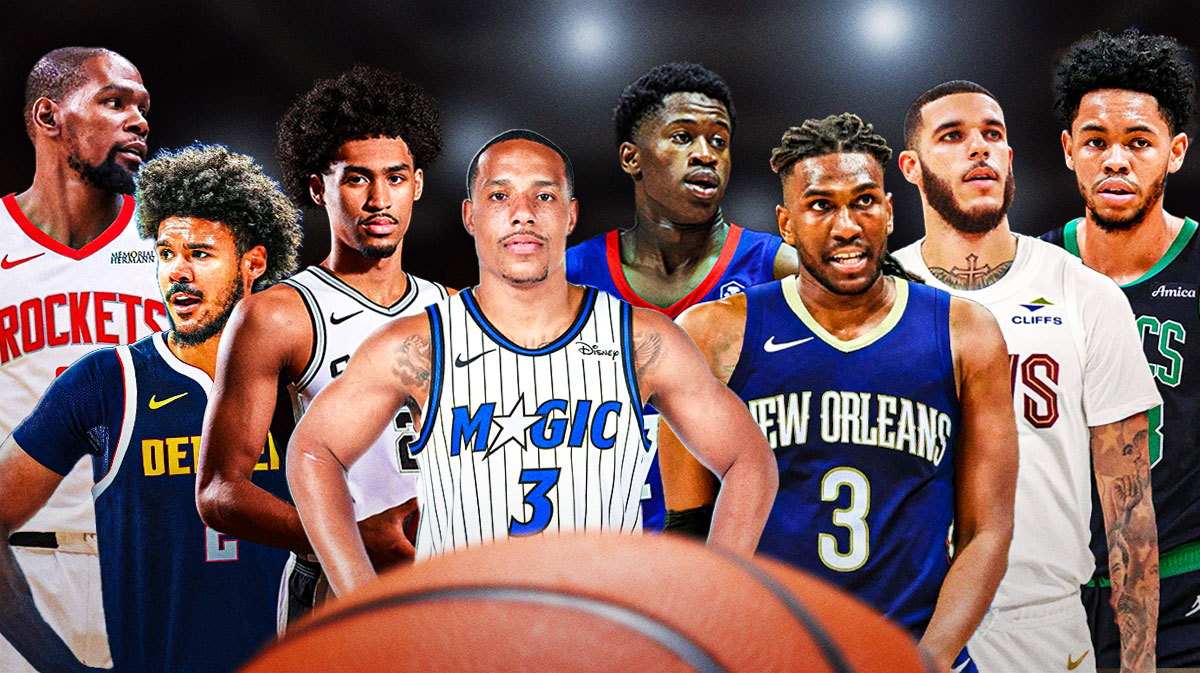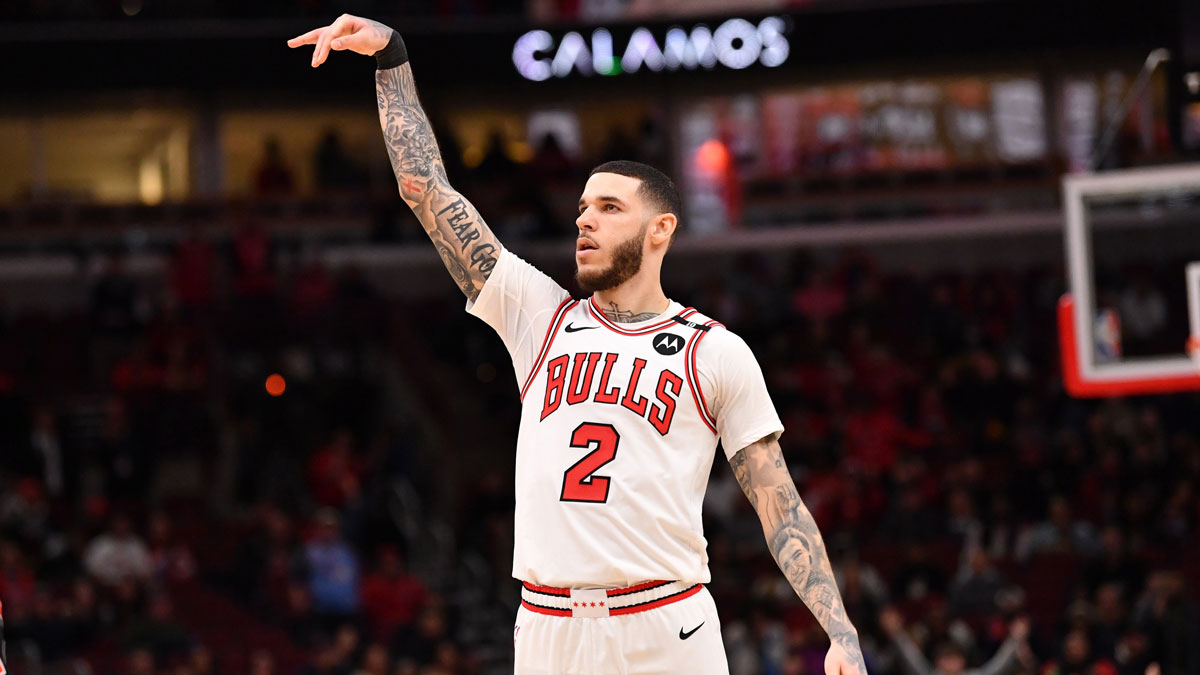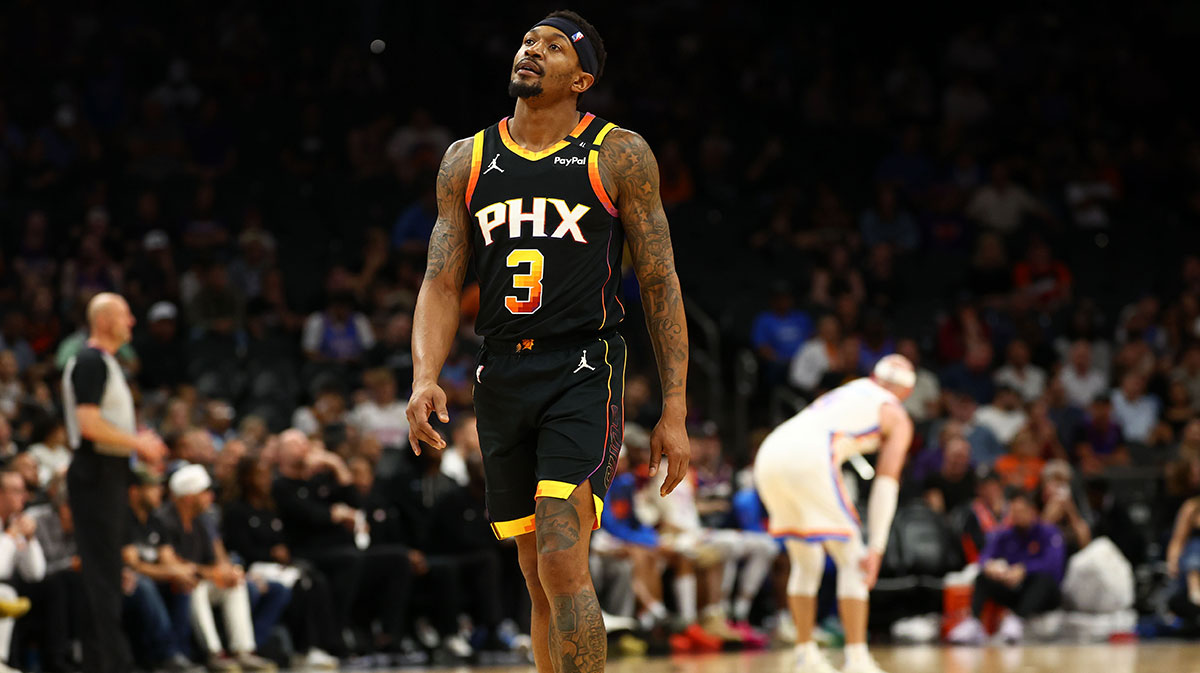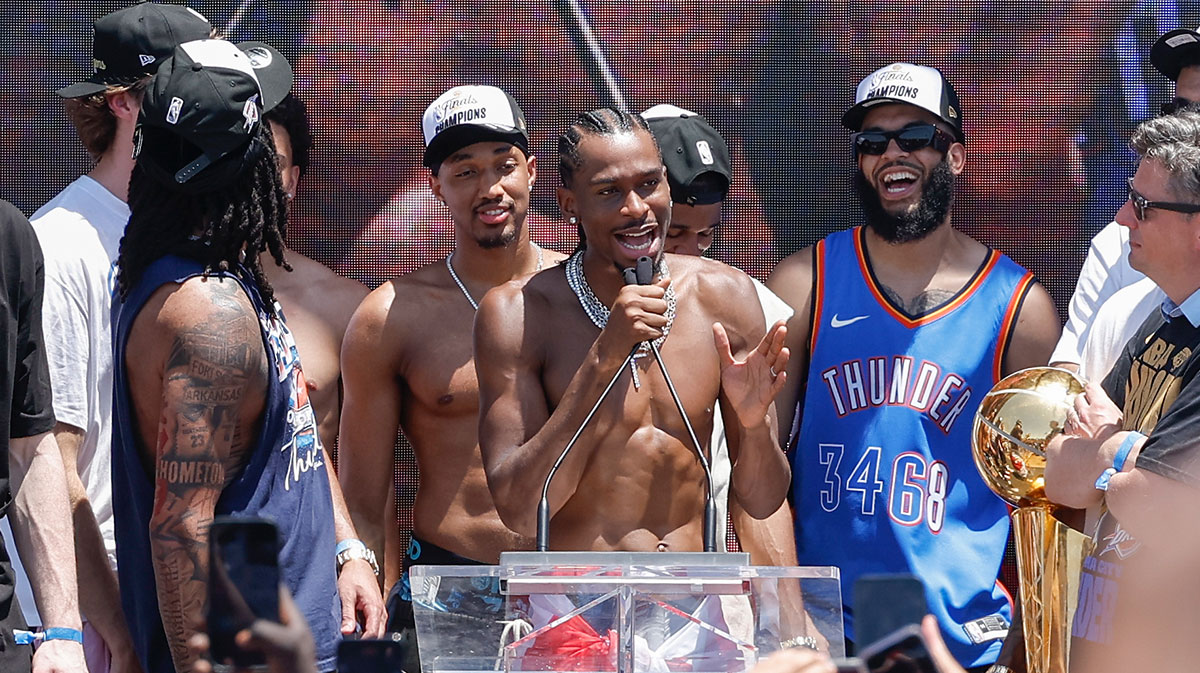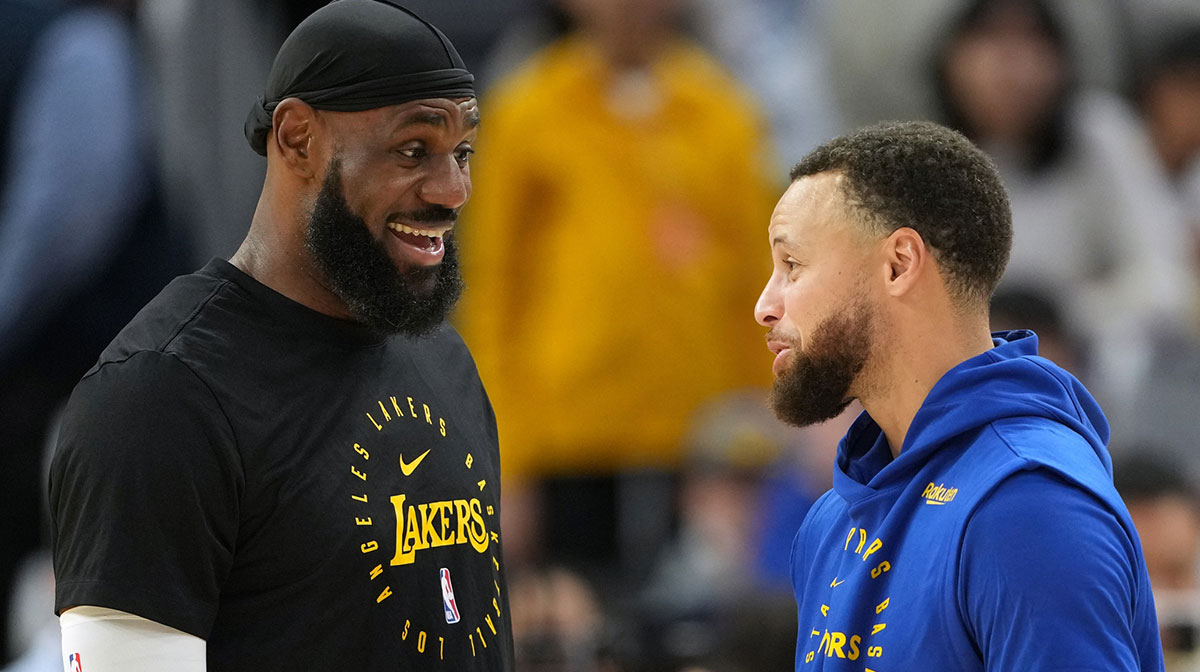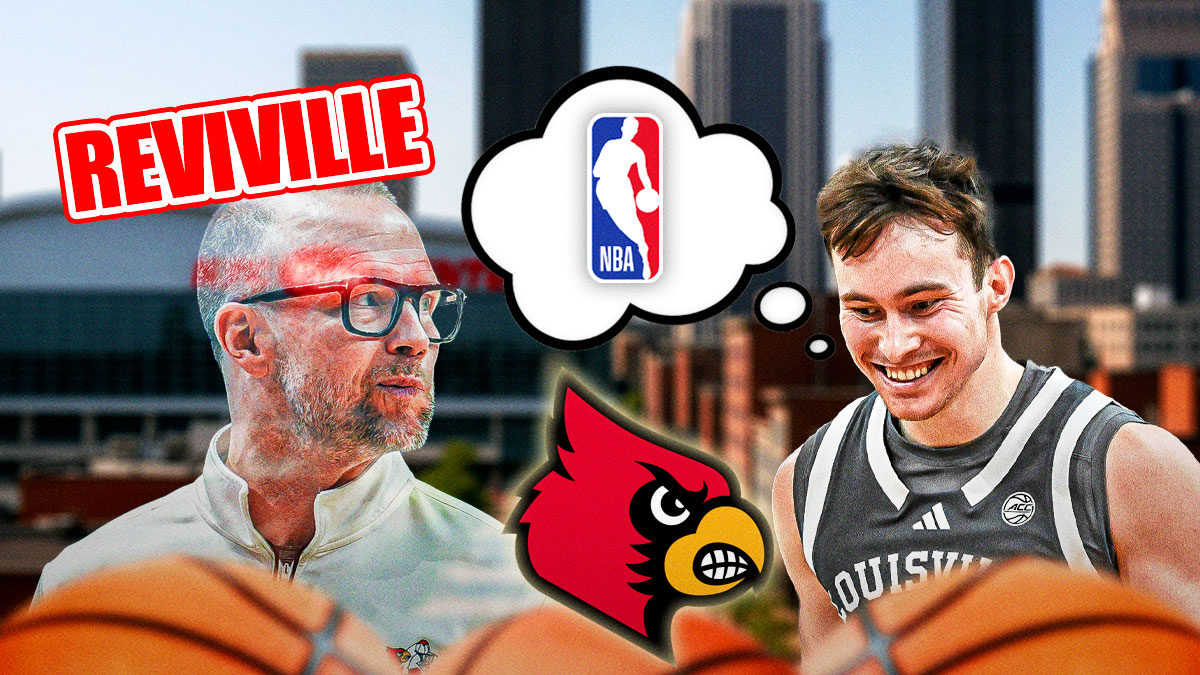The NBA has gone through a recent trend of soon-to-be free agents pressing their teams into trading them ahead of the offseason, a tactic that has become popular for star players and wildly unpopular for those who played the game without the ability to pull that off. Hall of Famers Grant Hill and Rick Barry are only two of the many that oppose that hard-maneuvering business tactic.
“We've seen it with Kawhi [Leonard], we've seen it with Paul George; Carmelo [Anthony] did it with Denver,” Hill told Bleacher Report's Ken Berger. “The school of thought used to be, ‘Well, I'll wait until I'm a free agent and then I'll make a decision.' Now, with the players understanding their power — and also teams not wanting to be left holding the bag — it's more acceptable. I don't know if it's good or bad. I think maybe it's good for the player, but I think it also puts the team in a tough spot.”
Barry, who once challenged the reserve clause in 1967 and helped pave the way for modern-day free agency, called tactics by New Orleans Pelicans big man Anthony Davis “ridiculous.”
“That I have a real issue with,” said Barry of Davis' recent trade request that soon went public after it was manifested to the organization. “He has a contract. If you have an issue, go in and talk to the people. Say, ‘Hey, look, is there any way we can do something?' Work it out with the team, the agent, the general manager, the owner and try to figure out what could be done. What's in the best interests of the player? What could be done for the team? And work it out in private. I mean, coming out and doing that, I'm not a fan of that.”
There is a certain impotence that comes from being part of an NBA that was owner-controlled, never giving the likes of Barry or Hill the chance to make such decisions. Yet at the same time, the league's player power has quickly gone from being fair to rapidly shifting into being controlled by star players, who have a much different situation than most of their counterparts.

